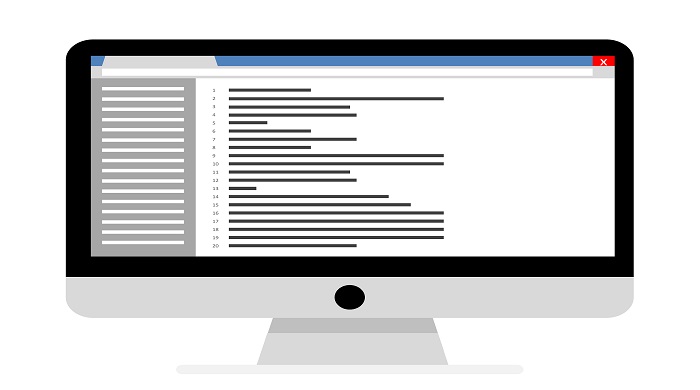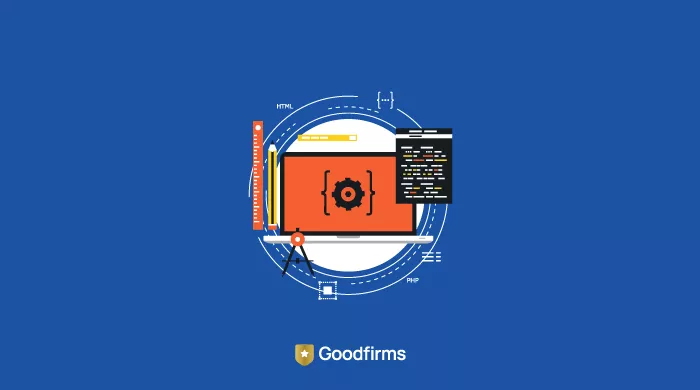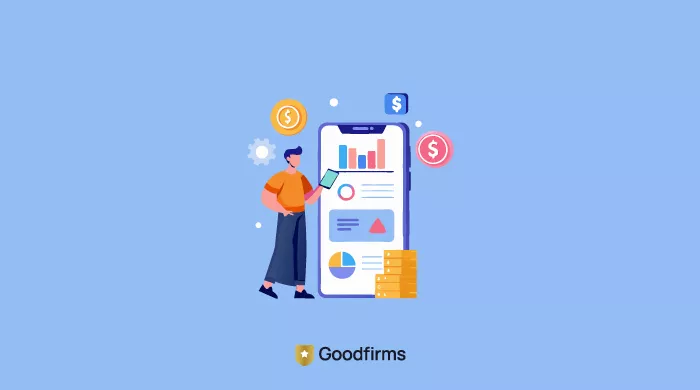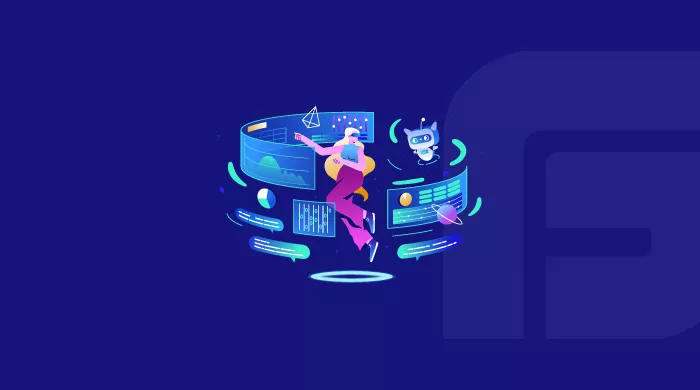Perhaps you’re just confused with trying Flutter on your next project. Regardless of whether you’re a TechLead, CTO, or are in a responsible position to make effective tech decisions for your firm; you’ll find this piece helpful.
This article explores the advantages of using Flutter for your mobile app development. Let’s uncover the different aspects of using this development tool.
Know more About the Flutter Programming Language
Introduced by Google as an open-source technology, Flutter has been the first-hand choice by developers for creating and coding native apps for both iOS and Android. One of the relatively new development tools, Flutter, combines performance with ease of development, making it similar to the other native platforms.
With its current popularity ratings which stand equal to React Native, it is one of the most reliable tools by different software development partners worldwide. The objective of Flutter was to simplify operations, which was previously complicated.
Cross-Platform Mobile App Development: How Flutter Plays a Significant Role
Over the years, Android and iOS have established themselves as the two leading operating systems for mobile platforms. With over 75% of Android mobile operating systems and 13% of iOS users, Flutter is one of the most reliable app development tools, which helps the remaining 12% of cross-platform users.
While Android OS is still dominating the market at large, the current trend of mobile app owners wants to experiment more with the other available operating platforms. This factor largely depends on the product the application intends to focus on, as most app owners want to target a broader user base.
This is where the use of Flutter as a cross-platform tool comes in; it eliminates the need for using different codes for both Android and iOS platforms. It eliminates the need for running separate management teams and codes.
Advantages of Using Flutter for Your Software Development Project
While you might assume that every cross-platform framework is streamlined to offer features essential for the job, Flutter is an entirely different case! This app development tool is different from its competitors in some critical aspects. Let’s look and understand what makes Flutter one of the most reliable frameworks, trusted by many software development partnersin the field!
Dart Programming Language
The framework uses ‘Dart’ as its object-oriented programming language to develop mobile applications. Dart’s prominent features include garbage collection, an extensive library, generics, and strong typing.
Dart is a similar tool to Java and leverages popular features of other languages too. The reactive programming approach of the platform allows developers to complete their tasks without much hindrance in operations.
Hot Reload and Development
Perhaps one of the most primary advantages of the Flutter platform is the hot reload and development functionality. The platform allows developers to real-time look into the changes which they’ve made recently.
The platform allows seamless sharing of updates for the entire team in a matter of seconds. This way, the development team doesn’t have to wait for updates and continue with the uninterrupted development. This way, Flutter saves a lot of cost in the overall development process.
Performs Like a Native App
When you reach out to a software development partner to develop applications on Flutter, you’ll get easy access to seamless execution across any platform. Dart programming language makes the development process fast and straightforward, allowing developers to compile the programming into native code easily.
This way, the platform improves the performance of your application when compared to other native app development platforms.
Enhanced Security
Flutter provides its users with a seamless plugin functionality, allowing easy access to device preferences that use NSUserDefault on iOS and SharedPreferences on Android. This way, the platform provides reliable storage. Moreover, when the platform is about to move to the background mode, Flutter communicates with the app. This way, developers can easily leverage such information and set up an additional timer to clear cache entirely. Further, the platform also provides access to FP sensors/TouchID over both Android and iOS through the plugin.
Use of Custom Widgets in Operation
Flutter provides users with a myriad of widgets, allowing the developers to streamline the creation process. It simplifies the designing of a basic UI, all that a developer needs to do is create one UI element. Once done, the platform adapts itself to different screens, resolutions, and platforms. Interestingly, it also allows users to wrap one widget inside another to use multiple functions.
An Open Source Platform
Flutter is an open-source code platform by Google. The framework has a great community of developers that eases posting issues and accessing the required documentation across the open developer forums.
This way, the framework helps programmers keep up and adapt to the changing dynamics of app development. On the other hand, the open-source expertise allows users to manage secondary issues by themselves.

Flutter Development: Is It Really Effective?
Now that we’ve been talking about the perks of the Flutter platform, it’s time we had a discussion around the effectiveness of the platform. As we know, there is more than one cross-platform development tool, so why only use Flutter?
To help you out, here’s your answer:
Flutter vs. Different Cross-Platform Framework
React Native and Xamarin, the two biggest competitors of Flutter, are also the widely used tools for cross-platform mobile app development. If we look at it, Flutter resembles Xamarian and React Native broadly in terms of architecture, function, and concepts. However, there’s a lot of difference when it gets down to the technical architecture of all these platforms.
When compared to both the platforms, Flutter gains the upper hand in the following manner:
- Splendid and creative designs
- Stock platform app development
- Support for storage, camera, location, network, and more
- 2D mobile app support
If you look at it, there are numerous reasons why Flutter should be your ideal choice for developing a new mobile application. Given its initial release in 2018, the tool has gathered popularity due to its many benefits.
Now that you know the advantages of using Flutter for your mobile app development, we hope that you won’t be confused about accomplishing your goals using the same.








